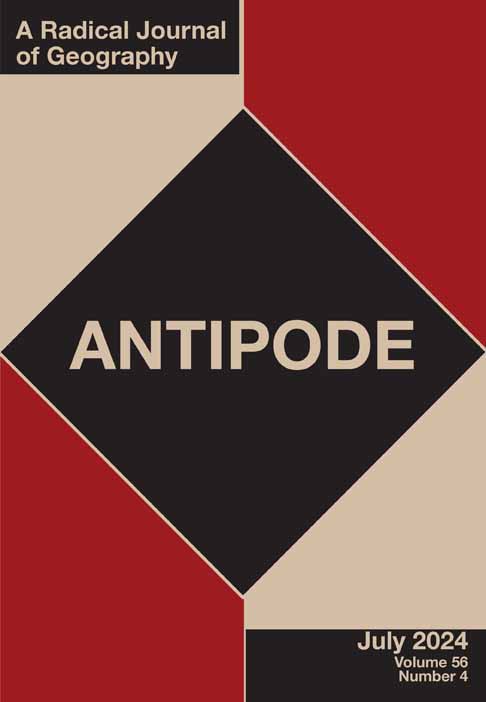The paper aims to unfold how peripheral reindustrialisation in Central and Eastern Europe (CEE) produced multiple marginalities in local spaces. Relying on a cultural political economic (CPE) approach, we analyse how the imaginary of reindustrialisation encompassed the discourses on development and the strategies and practices of powerful agents of economic restructuring in an old mining town of Hungary, which entailed new dimensions and depths of poverty. By discussing the changing labour, housing, and environmental conditions of the local poor, we relate structural changes to the changing conditions of social reproduction and local history, and highlight how the new economic trajectory produced marginalised spaces within a dynamic region. In this way, we also extend CPE-guided research more to the realms of social reproduction and ethnic social relations to get a more fine-grained understanding of inequalities rooted in peripheral industrialisation and scrutinise prevailing narratives of economic development in CEE.
For more information see: https://onlinelibrary.wiley.com/doi/abs/10.1111/anti.13069


